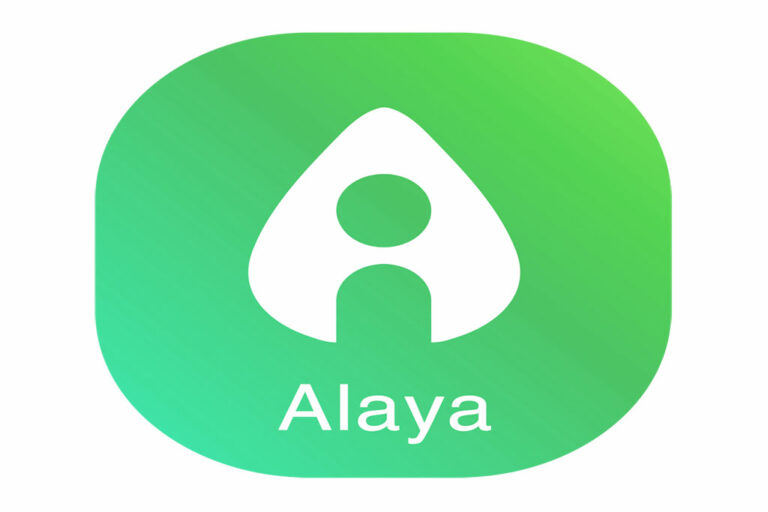
Alaya: The Pioneer of Artificial Intelligence Data

In the 1940s, the third wave of technological revolution was set in motion by historical titans, propelling humanity onto the vast stage of a new era. Computer technology and space exploration ushered our species into uncharted territories. While the populace revealed the conveniences afforded by these groundbreaking innovations, they couldn’t escape the shadows of uncertainty, a fear that this newfound technology might displace them, leading them to unemployment. However, the passage of countless years has brought forth the Golden Age, providing resounding answers to the people’s concerns. In this period, incomes have soared dramatically, riding the coattails of technological dividends, leading to an unequivocally improved standard of living.
Today, humanity stands once again at the threshold of significant historical change. The field of artificial intelligence is currently experiencing rapid growth, ushering in disruptive transformations across various industries. With each new technological revolution, many jobs are rendered obsolete, yet they concurrently create a plethora of employment opportunities for another segment of the population. Human progress is imperative for us to keep pace with this era of change and innovation.
In the field of artificial intelligence, the most significant job creation typically occurs within the realm of data, one of the three core components alongside algorithms and computational power. Specifically, data collection and annotation demand substantial human involvement. Presently, globally renowned AI companies collect data from all around the world, but the primary channels for data acquisition are concentrated in developing countries. Unfortunately, individuals in these regions often receive inadequate compensation due to factors such as information disparities and economic development disparities. They find themselves providing top-tier technological services while receiving the lowest income on a global scale. This pervasive sense of disconnect resonates across various corners of the world.
The Alaya team realizes this problem and emphasizes that the AI industry has not given enough recognition to those who contribute to data collection and annotation. This is not only the salary compensation, but it is also a fundamental lack of acknowledgement for data providers. Often, the industry fixates excessively on intricate models and colossal computational power, overlooking the pivotal role of data.

Alaya has emerged as an integrated platform for distributed data collection and annotation within the field of artificial intelligence. Leveraging blockchain technology, it aims to advance the field of AI by aggregating and annotating data. Currently, Alaya supports data contributors through two primary initiatives:
- Appreciation for Data Contributors’ Efforts: Alaya’s global outreach extends beyond the mere promotion of its data collection and standardization initiatives. It takes on the formidable task of spotlighting the vital role data contributors play in the broader tapestry of the AI industry. This clarion call resonates across the globe, imploring more individuals to partake in constructing a future world by channeling their energies into the foundational data, ultimately propelling global advancement.
- Improving Data Contributors’ Earnings: Since its inception, Alaya has garnered recognition within the market for its ingenious mechanisms and forward-thinking ethos. This recognition has not only drawn a burgeoning community of data contributors but has also led to collaborations with numerous enterprises in the AI sphere. While Alaya allocates a portion of its earnings for daily operational expenses, the lion’s share is returned to users in the form of ETH. This stark departure from the norm is a testament to Alaya’s unwavering commitment. Unlike other projects that blend blockchain with AI, Alaya directly compensates users with ETH. The more users participate, the greater their contributions, and thus, their rewards. These rewards are immediately usable, eliminating concerns about the project’s stability. This approach is a rarity in the cryptoverse and underscores Alaya’s sincerity and dedication.
In the realm of data collection and annotation, Alaya has already established a considerable presence. With more collaborations launched, the rewards bestowed upon its user base are destined to increase further. In the upcoming future, Alaya will thrive with its ecosystem.
Disclaimer: This publication is sponsored. Coinspeaker does not endorse or assume responsibility for the content, accuracy, quality, advertising, products, or other materials on this web page. Readers are advised to conduct their own research before engaging with any company mentioned. Please note that the featured information is not intended as, and shall not be understood or construed as legal, tax, investment, financial, or other advice. Nothing contained on this web page constitutes a solicitation, recommendation, endorsement, or offer by Coinspeaker or any third party service provider to buy or sell any cryptoassets or other financial instruments. Crypto assets are a high-risk investment. You should consider whether you understand the possibility of losing money due to leverage. None of the material should be considered as investment advice. Coinspeaker shall not be held liable, directly or indirectly, for any damages or losses arising from the use or reliance on any content, goods, or services featured on this web page.




